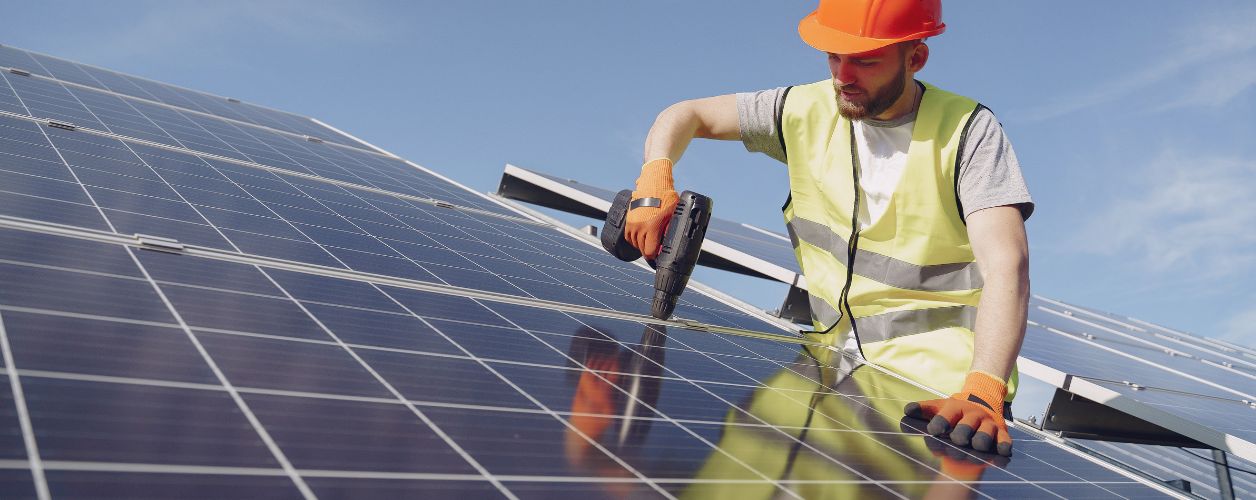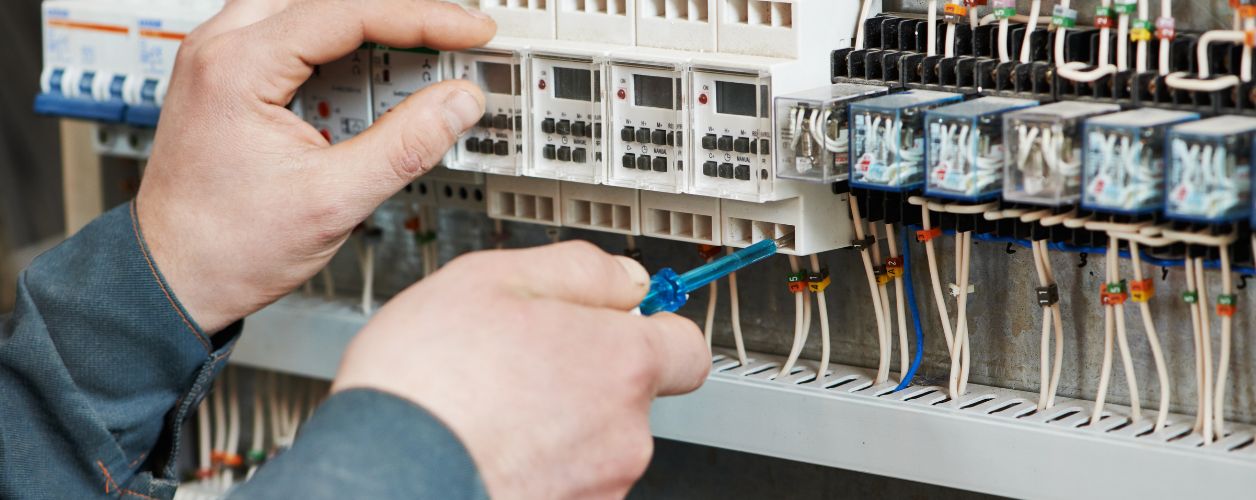
Get free quotes
Get free quotes within minutes

The transition to solar energy provides dual advantages of economic value along with environmental benefits to UK homeowners. Many three-bedroom house owners who consider solar panel installation want to know exactly how many panels they should get for their property.
This guide will provide a thorough analysis of all elements required to determine solar panel requirements based on energy usage and efficiency levels, and climate patterns in the UK. You will gain full knowledge at the conclusion regarding the specific solar panel requirements your home needs to disconnect from grid power.
Thousands of solar power systems function effectively in the UK’s climate because of modern photovoltaic technology. Solar panels need only daylight every day to function efficiently because the United Kingdom receives extensive daylight during all months, including winter.
Solar power has become more attractive to homeowners because the combination of increasing utility expenses with the expanding sustainability movement makes solar a smart solution to reduce energy spending and lower carbon footprints.
You need to determine your household electricity consumption before starting calculations to find the correct number of solar panels.
Ofgem reports that typical 3-bedroom families in the UK usually use between 2,900 to 4,000 kWh of electricity each year.
2,900 to 4,000 kWh of electricity per year
The electricity usage levels show diverse ranges depending on various individual aspects.
The consumption scenario applied to a house with three bedrooms, maintained by four residents. Your home consists of remote work, electric stove top appliances, and a gas-powered heating system. Your yearly electricity usage falls between 3,500 and 4,000 kilowatt hours.
Your annual electricity usage can reach more than 6000 kWh if you both power an electric car and have an electric boiler.
Moving forward, we will determine the energy generation levels of a solar panel based on your yearly electricity consumption.
A typical solar panel in the UK:
Electricity output from a 1 kilowatt solar energy system typically ranges between 750 to 900 kilowatt-hours throughout a single year.
A solar array of 4 kW size produces 3,000–3,600 kWh of energy during each annual period.
Your starting point is to discover how much energy you consume each year.
We will use 3,500 kWh as our medium annual energy consumption for calculations.
Each solar panel is expected to produce 350 units of electricity annually when installed in the British climate with an average 400-watt capacity.
3,500 kWh ÷ 350 kWh/panel = 10 panels
The standard solar panel measures 1.7m x 1m, while each system produces about 400W of energy.
10 panels = roughly 17m² of roof space
The dimensions of a standard British roof accommodate between 12 and 16 solar modules alongside each other.
The installation of higher-efficiency panels on small rooftops becomes an efficient option, but initial costs remain higher.
Solar batteries allow residential homes to collect unused solar power, which can be used as backup energy during nighttime or cloudy conditions. Overall, solar batteries may be unnecessary, but they enhance energy independence by decreasing dependency on grid-derived electricity.
The price range for batteries extends from £2,000 to £8,000 based on both brand and capacity specifications.
The installation costs for solar panels in the United Kingdom depend on factors including the system size, together with the selection of solar panel type and optional components like batteries and EV chargers.
For an average 3-bedroom home:
3 kW system:
4 kW system:
5 kW system:
Switching to complete off-grid solar power seems attractive to many since it offers self-reliance from the grid while lowering expenses and providing energy control. The majority of UK households cannot afford to utilise off-grid solar power because it proves impractical as well as expensive.
Remaining off-grid in the UK requires at least the following components:
Yes! Your home's Environmental Property Certificate rating will improve through solar panel installation, which also increases its appeal for environmentally conscious buyers. The installation of solar systems increases UK home values between 2 and 4%, in addition to the property location and system size.
You do not need planning permission for domestic installations when they fall under permitted development conditions, which include the following requirements:
Always involve a qualified electrician when modifying or upgrading your home’s electrical system to support solar panels, especially if you’re integrating with battery storage or EV chargers.
Determining the exact number of solar panels required by a typical UK 3-bedroom house represents a complex matter to consider.
The number of solar panels you need for your house depends on your location and energy usage, together with the dimensions of your roof and the extent of energy independence you wish to achieve.

